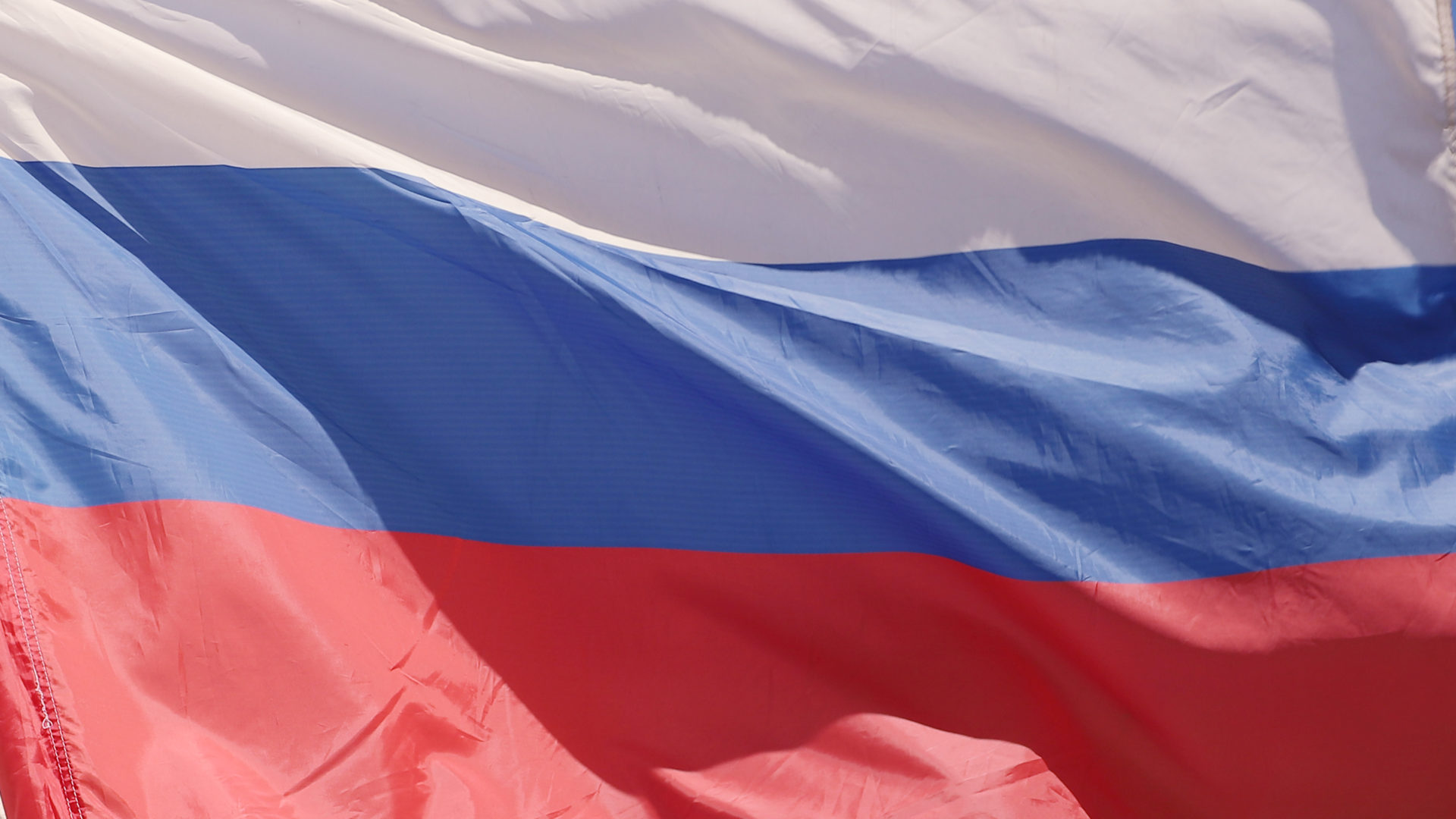Thank you Committee Members.
The opening line of the International Covenant on Civil and Political Rights (ICCPR), of which this body monitors implementation, states that “all people have the right to self-determination”. Today, across Ukraine, the Russian Federation launches missiles, drops bombs, and deploys soldiers in a blatant violation of the UN Charter and concerted effort to topple Ukrainians’ duly elected government and prevent their right to self-determination. Today, however, I will focus these remarks on violations of Russia’s obligations under the ICCPR; which, by banning domestic protest and dissenting voices, have made it possible, at least in part, for Russia to launch an unprovoked military assault on its neighbour.
Russia has constructed a legal landscape that is inconsistent with international standards and at odds with its obligations under the ICCPR. Through the arbitrary application of these laws, Russia silences dissenting and opposition voices, targets independent media and journalists, bans peaceful protest, and attacks human rights defenders and organisations.
Online voices in Russia that are critical of the Russian authorities are attacked through smear campaigns and other tactics and Russia actively targets any media outlets or journalists which fail to exclusively present the Russian government’s narrative. Russian independent media, and investigative journalism in particular, continues to be under significant threat, including those who are seeking to accurately cover the current invasion of Ukraine. Today, as a result of legislative restrictions and fines and criminal charges, Russian media landscape is dominated by outlets controlled by the state or by the long-term friends of the government.
Recent legislative changes have further restricted the ability to organise rallies, demonstrations, marches, and pickets. Even single picket protests, despite being legal under Russian law for many years, have now effectively been ended, largely under the guise of restrictions to stop the spread of Covid-19. The effects of this legislation have been clearly visible in the last few days with an estimated 2,000 Russians arrested across the country as the result of anti-war protests.
The use of counterterrorism and anti-extremism legislation is used to prosecute human rights work including to attack human rights defenders and organisations. Being labelled as extremist results in a range of challenges and public sanctions, including a prohibition from running for elected office, or for observing elections. In addition, lawyers who defend against cases of “extremism” face sanction and arrest.
The so-called “foreign agents” and “undesirable organisations” laws and their subsequent amendments, and the implementation of these laws by Russia has been disastrous for human rights defenders and organisations. Under recent amendments Russia can now designate individuals as “foreign agents”. These amendments also decouple the “foreign agent” label and foreign funding and represent another front in the attack on human rights defenders and organisations.
Russia’s so-called “undesirable organisations” law and subsequent amendments are at least as threatening than the “foreign agents” law. The law goes even further and seeks to destroy any relationship between domestic Russian civil society and those supporting their work from abroad.
Russia’s legislative framework has made it so that it has never been more dangerous to be a human rights defender or a human rights organisation.
Thank you.





